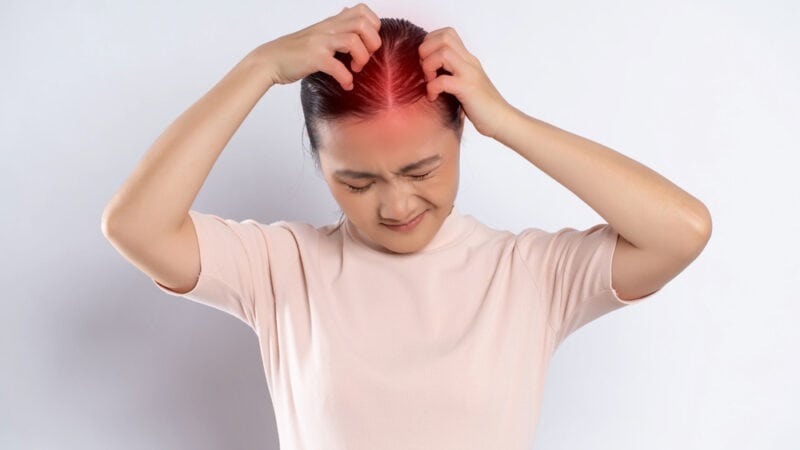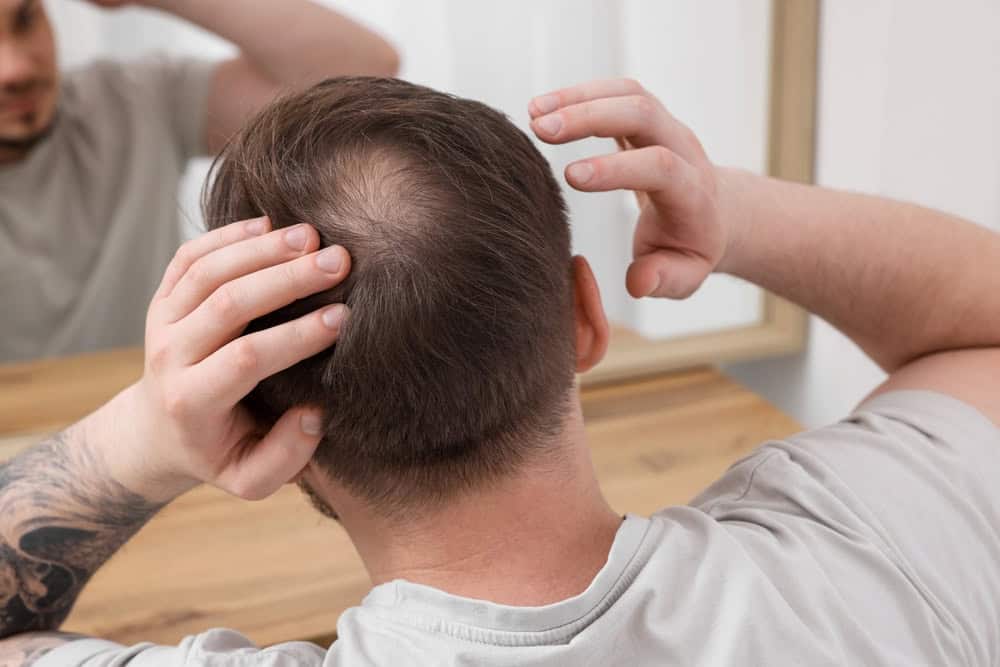
Get Help for Scalp Fungus Infections


Scalp fungus infections are prevalent in the hot and humid climate of Thailand. You’re even more likely to get a scalp fungus infection if you often wear a hat. These infections thrive in a dark, hot, and humid environment.
The root cause is a yeast fungus called candida, resulting in a scalp fungus infection called candidiasis. The candida yeast may live on your body for years and not cause any problems. However, when candida has the chance to migrate beneath the skin’s surface, it can lead to a skin infection. However, the climate is just one possible cause of a scalp fungus infection. Some of the other causes include:
Certain groups of people are more likely to encounter scalp fungal infections than others. They include:
The main symptom of a scalp fungus infection is an itchy rash on your scalp that may be red or purple and appear in various-shaped patches. The rash may also appear dry, cracked, and crusty. The crusting may also cause temporary hair loss. Other symptoms include:
The infections generally aren’t contagious; however, if you have a weakened immune system, you have a greater risk, and you should be careful around people with fungal infections.
Scalp yeast fungus infections can be diagnosed by a medical examination or a lab culture test at a doctor’s office.
Effective treatments for scalp fungus infections include keeping the scalp clean and dry and using antifungal shampoos, foams, or ointments. Prevention tips include limiting antibiotic and steroid use, practicing good hygiene, only wearing headwear when necessary, eating a healthier diet, and limiting alcohol, sugar, and starches.
Once you’ve begun treatment using antifungal applications, you may notice the infection starting to clear up within two weeks. Most infections are resolved within two months.
It’s important to keep the scalp clean and dry during treatment and remove headwear whenever possible during the day. Use the antifungal shampoos, foams, and ointments as directed and maintain good personal hygiene.
At Bangkok Hair Clinic, we provide safe and effective treatment for scalp fungus infections. We also offer a variety of hair loss treatments in Thailand to both residents and visitors. Our hair treatment services include:
We’ve also built our reputation on our high-quality hair transplant services. Our transplant services include:
The Shaven FUE hair transplant technique enjoys the highest growth rate compared to every other hair transplant technique. This technique is suitable for everyone, can be completed in one day, and is long-lasting. Patients can resume their normal activities immediately after the procedure.
The non-shaven variation of the FUE transplant technique accomplishes the transplant without shaving the donor area of the patient’s scalp. This technique allows the existing head of hair to look as normal as possible throughout the recovery period while the transplanted hair is growing. This method requires a meticulous insertion of donor hairs between existing hairs by an experienced medical team to create a seamless appearance.
The DHI technique is considered the latest innovation in hair transplant technology. The doctor uses a specially designed tool called the Lion implanter instead of medical forceps. Using an implanter increases the survival rate of the root cells by 10-15% and provides a fuller and healthier look to hair.

Bangkok Hair Clinic can effectively relieve and assist recovery from a scalp fungus infection. We also offer advice on hair loss and explain our preservation options. If you’re looking for hair treatment or hair transplant services, make an appointment at Bangkok Hair Clinic today.